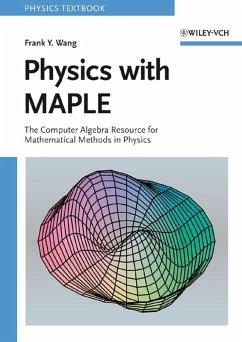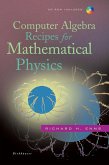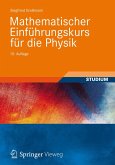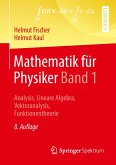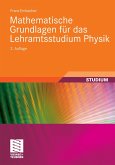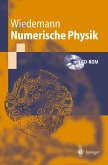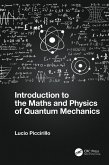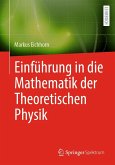Written by an experienced physicist who is active in applying computer algebra to relativistic astrophysics and education, this is the resource for mathematical methods in physics using MapleTM and MathematicaTM. Through in-depth problems from core courses in the physics curriculum, the author guides students to apply analytical and numerical techniques in mathematical physics, and present the results in interactive graphics. Around 180 simulating exercises are included to facilitate learning by examples.
This book is a must-have for students of physics, electrical and mechanical engineering, materials
scientists, lecturers in physics, and university libraries.
* Free online MapleTM material at
http://www.wiley-vch.de/templates/pdf/maplephysics.zip
* Free online MathematicaTM material at
http://www.wiley-vch.de/templates/pdf/physicswithmathematica.zip
* Solutions manual for lecturers available at www.wiley-vch.de/supplements/
This book is a must-have for students of physics, electrical and mechanical engineering, materials
scientists, lecturers in physics, and university libraries.
* Free online MapleTM material at
http://www.wiley-vch.de/templates/pdf/maplephysics.zip
* Free online MathematicaTM material at
http://www.wiley-vch.de/templates/pdf/physicswithmathematica.zip
* Solutions manual for lecturers available at www.wiley-vch.de/supplements/
Dieser Download kann aus rechtlichen Gründen nur mit Rechnungsadresse in D ausgeliefert werden.

